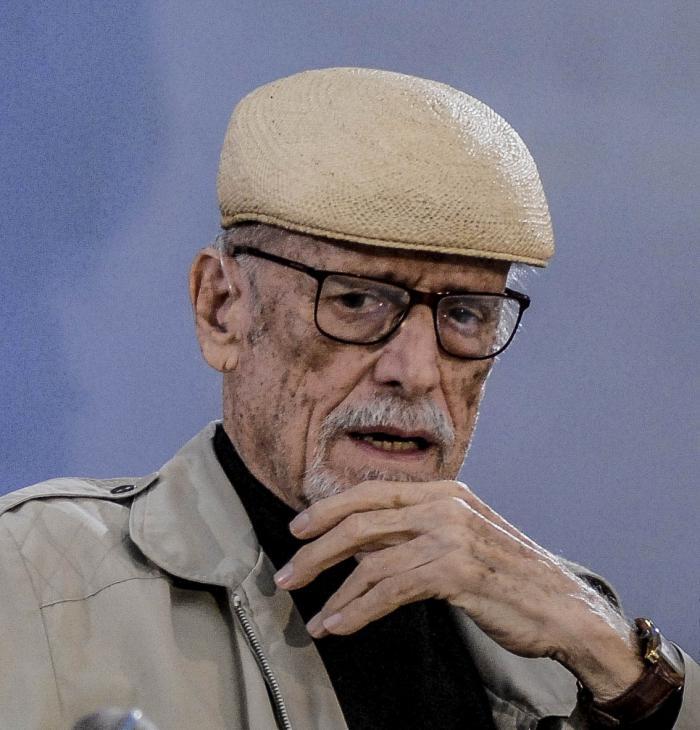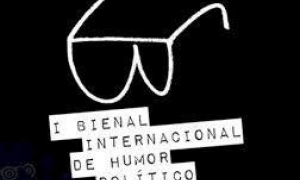
The ideologues of the right of some people and nations to create their fortune on the misfortune of others argue their purposes in artificial divisions, beyond natural diversity. However, their attempt to impose those criteria finds formidable rivals in legacies such as that of Cuban intellectual Roberto Fernandez Retamar.
He took advantage of every angle of his work, especially his essays, as poetic as lucid, to defend the real man and, among his battles, he devoted his thoughts to the dismantling of racism.
He recalled the linguistic origin of race, a borrowing from zoological terminology, and pointed to 1492, the year of the “discovery of America” so much questioned by him, as the date when somatic differences acquired the connotation of fixed signifiers with established meanings, negative for the “colored” and positive for the whites.
In a forceful and sympathetic way, he criticized the supremacy of that color, supported by the authors Shaw and Chesterton, who “suggested denominations such as ‘light brown’ and ‘pink’, for who on earth has ever seen a ghostly white human being?”.
Retamar, President of Casa de las Americas for years, understood the strategy of supporting the acts of extinction of the natives of our continent with an ideological apparatus, according to which “not belonging to the supposed ‘race’ of those who lived in ‘civilization’ would justify enslavement or even extermination”.
He noted the theoretical approach to civilization, consisting in the elevation of Europe as the only valid way of life and the contempt for other cultures, encompassed in the term barbarism. From then on, civilizing became synonymous with colonizing, for, as Michel de Montaigne, quoted by him, said: “everyone calls barbarism that which is alien to his customs”.
Regarding the names reserved for the conquerors and to emphasize their distance from the vanquished, the Cuban detected the same essence behind the etymological variations: “Prospero's masks can be called revealed truths, civilization, or even, as the case may be, fascism (a mask he lost at the time), but the aged face behind the masks hardly changes in its skeleton”.
One of these last masks, the pair of developed/underdeveloped countries, hides a capitalist ruse, transferred to the international concert: the presentation of the robust and independent growth of a few because of their capacity, intelligence, will and spirit of work superior to the few.
The writer inverted the equation to its most accurate approach, calling the developed “underdeveloped”, due to their progress at the expense of the rest.
In the face of so many categories to separate us, and in the face of so many increased dangers, Roberto Fernández Retamar bet, as the only salvation, on “a true discovery, (...) of the multiple ‘undulating and diverse’ human being: the total human being”.






